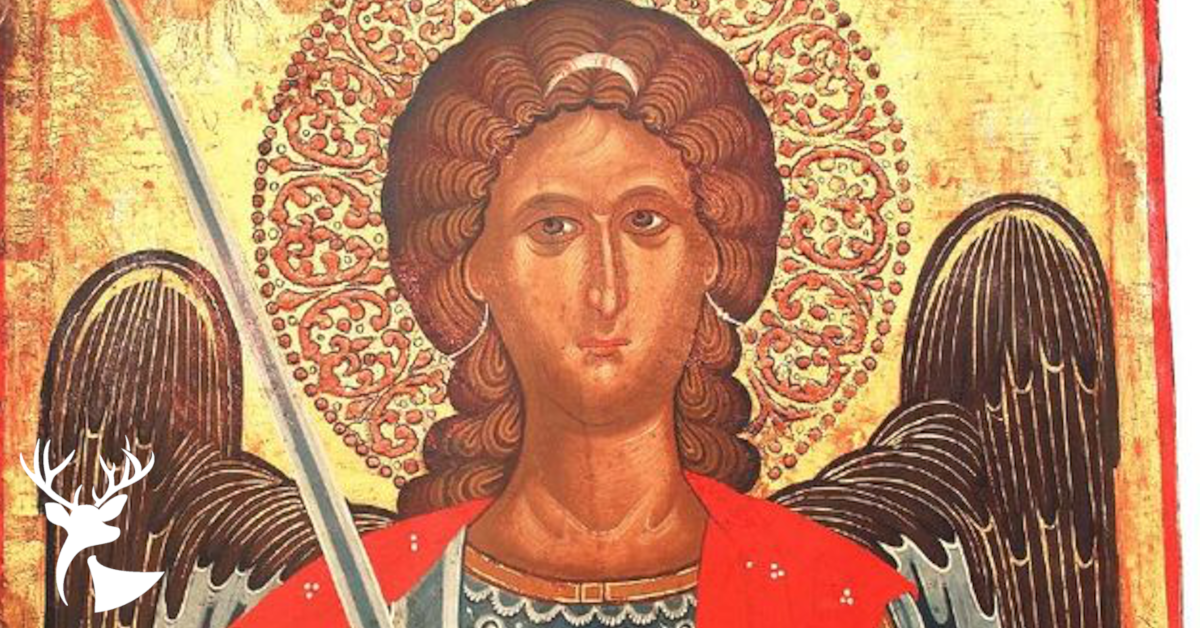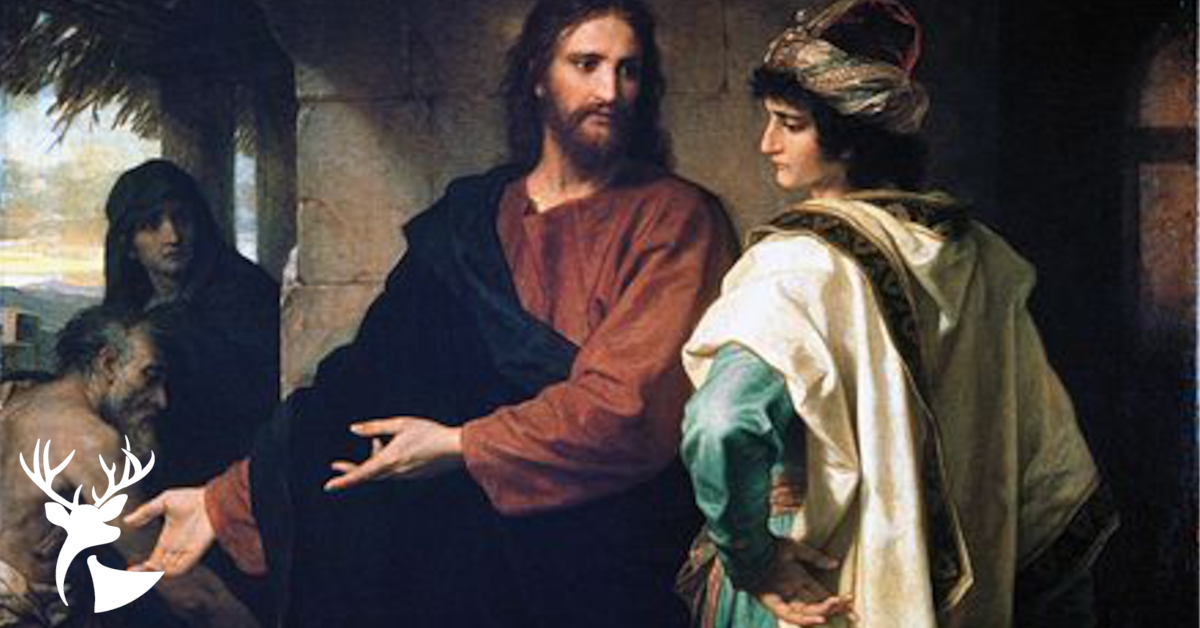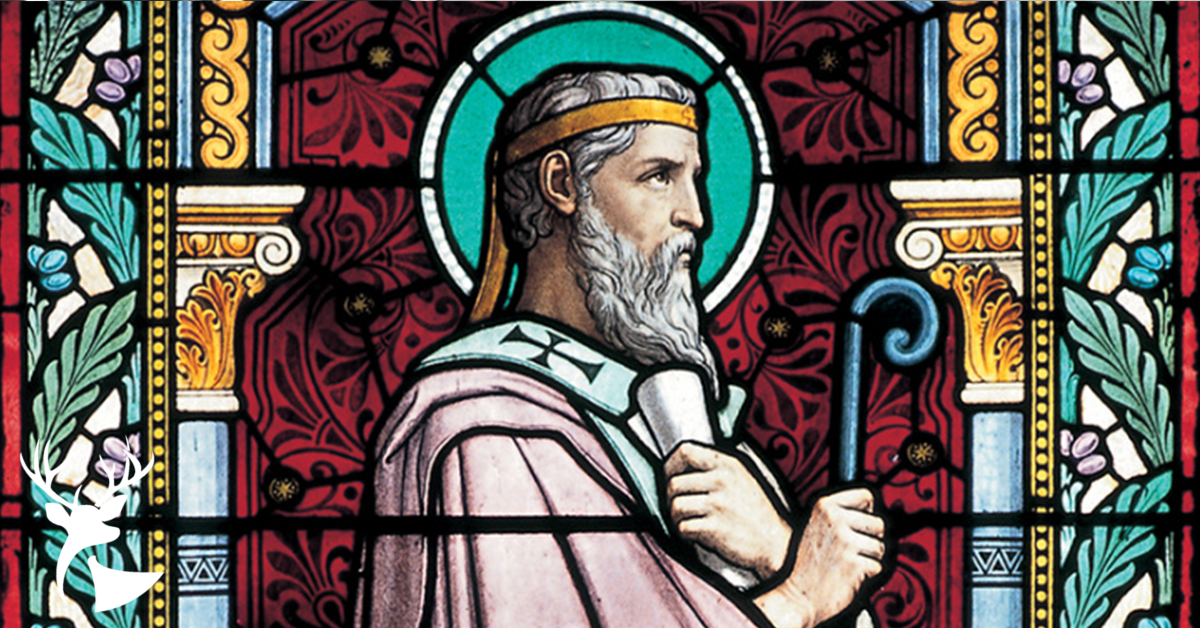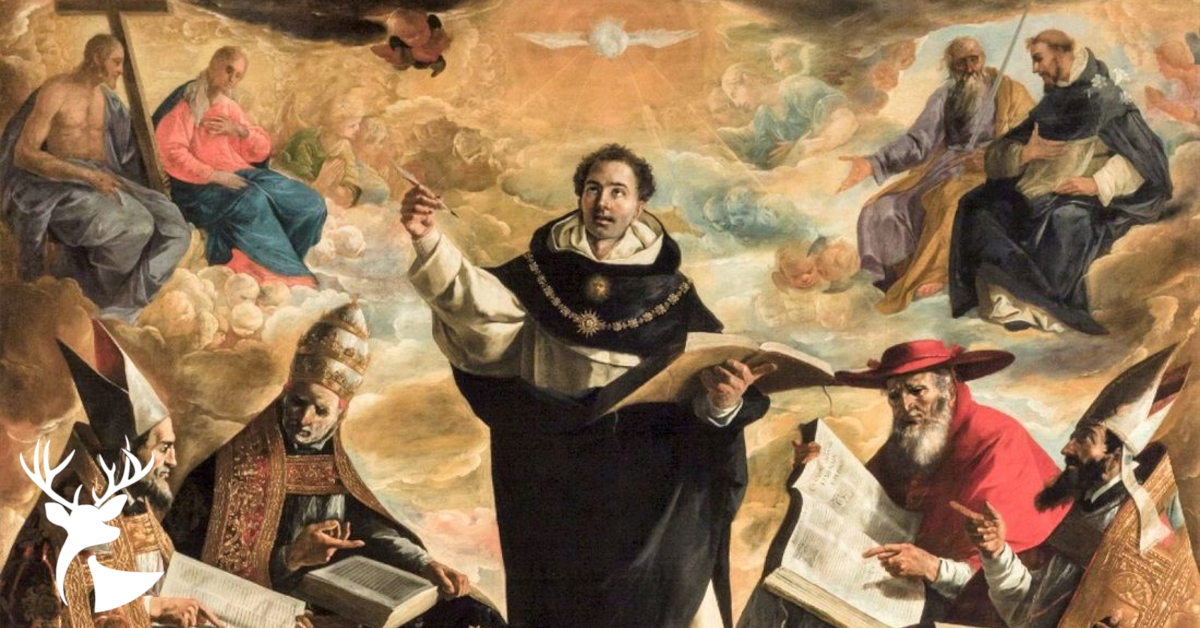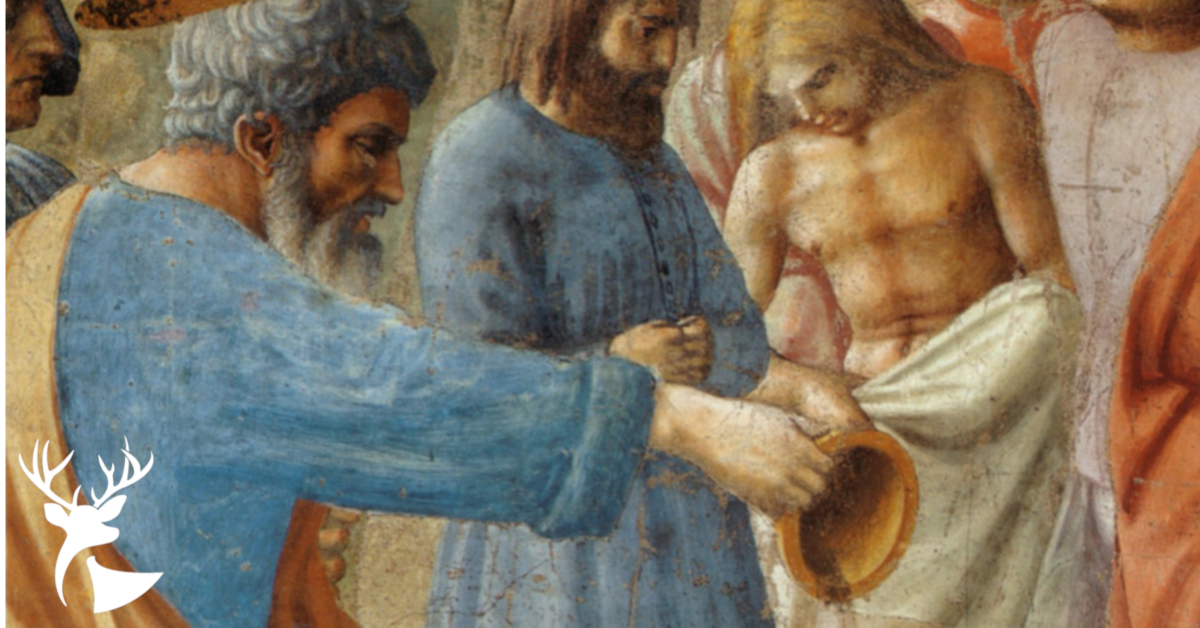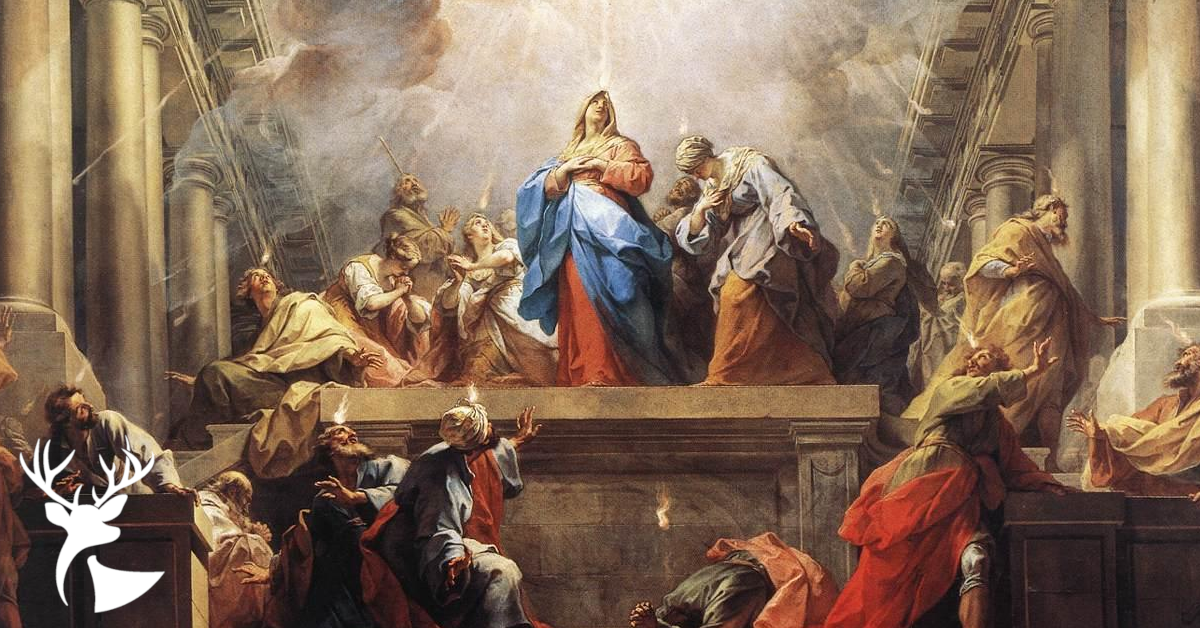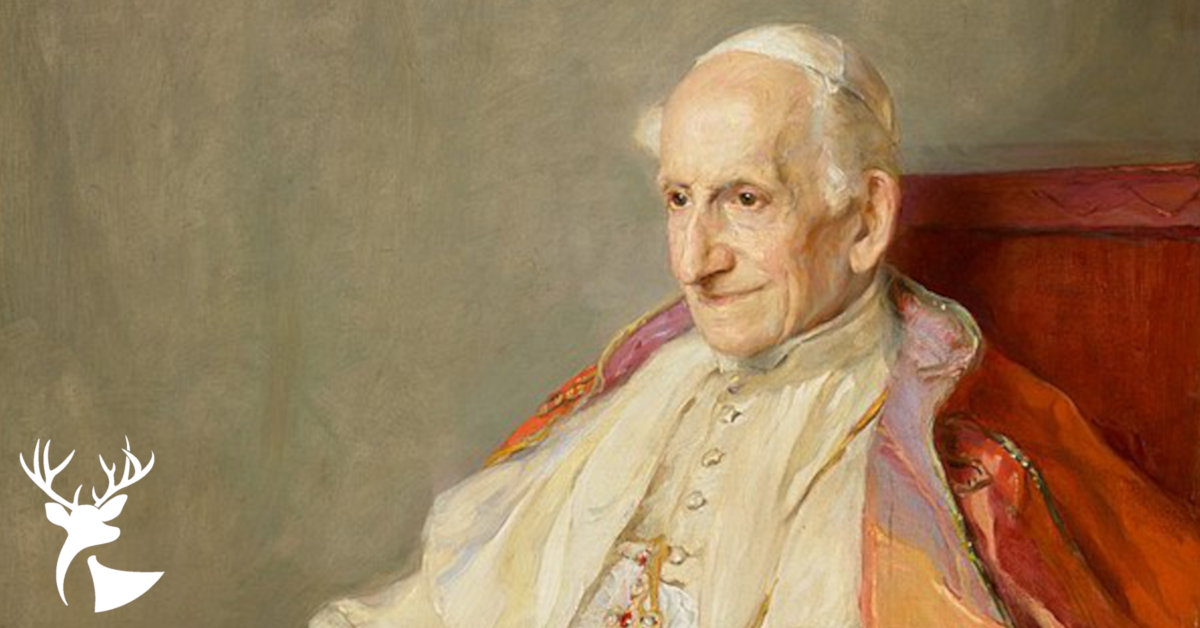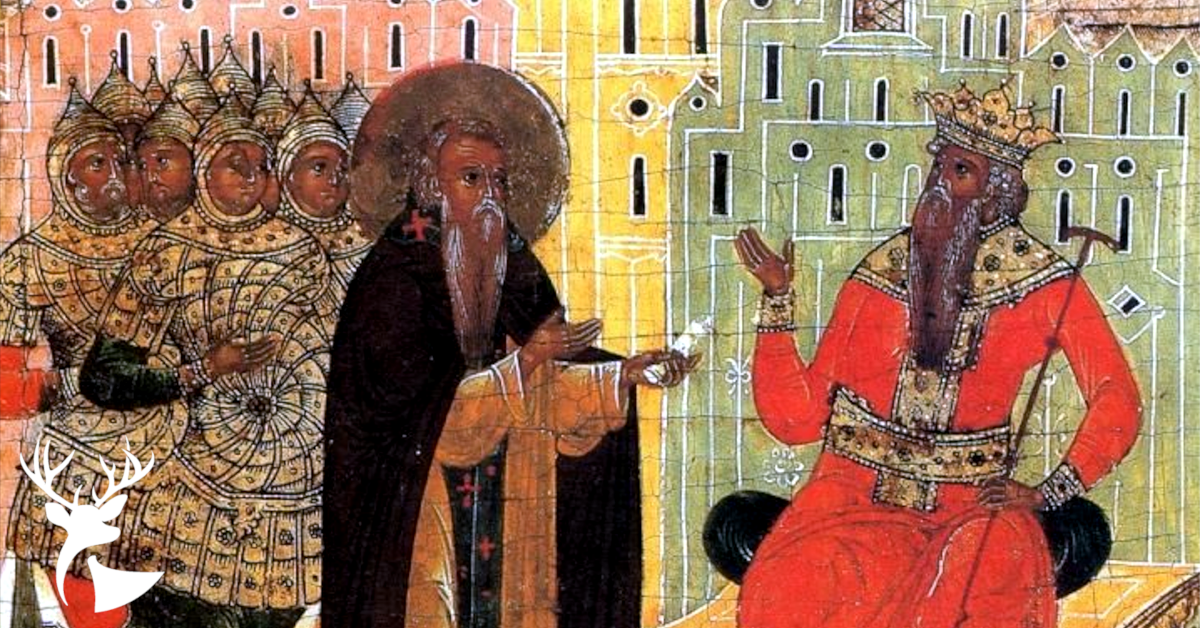
Slaking the Thirst for Esteem
By Kevin M. Clarke | February 22, 2022
“A secret labor removes vainglory; attributing our upright deeds to God removes pride.”
—St. Maximus the Confessor
Centuries on Charity, III.62
← Return to Musings

Slaking the Thirst for Esteem
By Kevin M. Clarke | February 22, 2022
“A secret labor removes vainglory; attributing our upright deeds to God removes pride.”
—St. Maximus the Confessor
Centuries on Charity, III.62
Pride and vainglory go together like thunder and lightning, the Fathers tell us. The sins that are capital are not necessarily the most serious sins, but they are “capital” because they are like captains leading armies of other sins into the soul. There are seven—no, eight … well, maybe nine: gluttony, lust, greed, anger, sloth, sadness, envy, vainglory, and pride. In the Eastern tradition these are called the evil “thoughts.” This notion expresses something Gregory the Great recognized and brought to the West: the vices reason with us. Metanoia, conversion, changes the mind.
Especially during Lent, the Church has us work diligently on overcoming these vices. Believers most commonly focus on gluttony, giving up sweets, alcohol, second helpings, and the like. The Church also has us hard at work on our greed, anger, and envy through almsgiving. (Yes, almsgiving helps heal anger.) Prayer overcomes sloth and fosters humility.
Vainglory, however, one of today’s prominent vices, is conspicuously absent from the Catechism’s capital vices list. Patristic sources attended diligently to vainglory, and they did not conflate it with pride. So, what is vainglory and how is it distinct from pride? Pride is the vice whereby one takes credit for the greatness that is “me.” Vainglory is similar but different. In Greek, the word is kenodoxia, which would look familiar to theology buffs who talk about Christ’s kenosis, or self-emptying. Kenos in Greek means “empty” and doxa means “opinion” or “glory.” What is vain is what is empty. What could be emptier than the opinions of others?
We have taken up a new kind of discourse, signs of vainglorious times: “Who shared my post?” “I’m trying to figure out my brand so I can create my own merch.” “Like and subscribe!” But isn’t it good to have human esteem? Yes and no. Let us examine how deeply we crave one another’s approval. If we are honest, we will see vainglory as a deadly killer of the soul.
If vainglory is a disordered thought, how do we correct our thinking? Maximus offers a very simple solution to the deadly vice of vainglory. Do “secret labors.” Challenge yourself to be as unnoticeable as possible. Be the Jason Bourne of do-gooding. Happily, the home is full of low-hanging fruit for the “secret labor” novice. Children, especially the small ones, are experts at not giving you the credit you are due. Who would notice the cleaning of a toilet, the dusting of the high bookshelves, the fixing of the broken part of the fence that no one sees, or the furtive weeding of a garden bed? Also effective is to evade the loved one’s noticing your deed long enough that they forget to thank you.
In depending upon the praise of others, I have forgotten that true glory is not only due to God but that He will glorify us. His is the only esteem I need. The more hidden our “love of neighbor” can be, the more we can keep pride at bay. And if you are caught—you will be—remember Maximus also. Credit God for the “upright deeds.”
More Reading

Kevin M. Clarke is Assistant Professor of Sacred Scripture at St. Patrick’s Seminary and University, where he teaches Scripture and Patristics.


